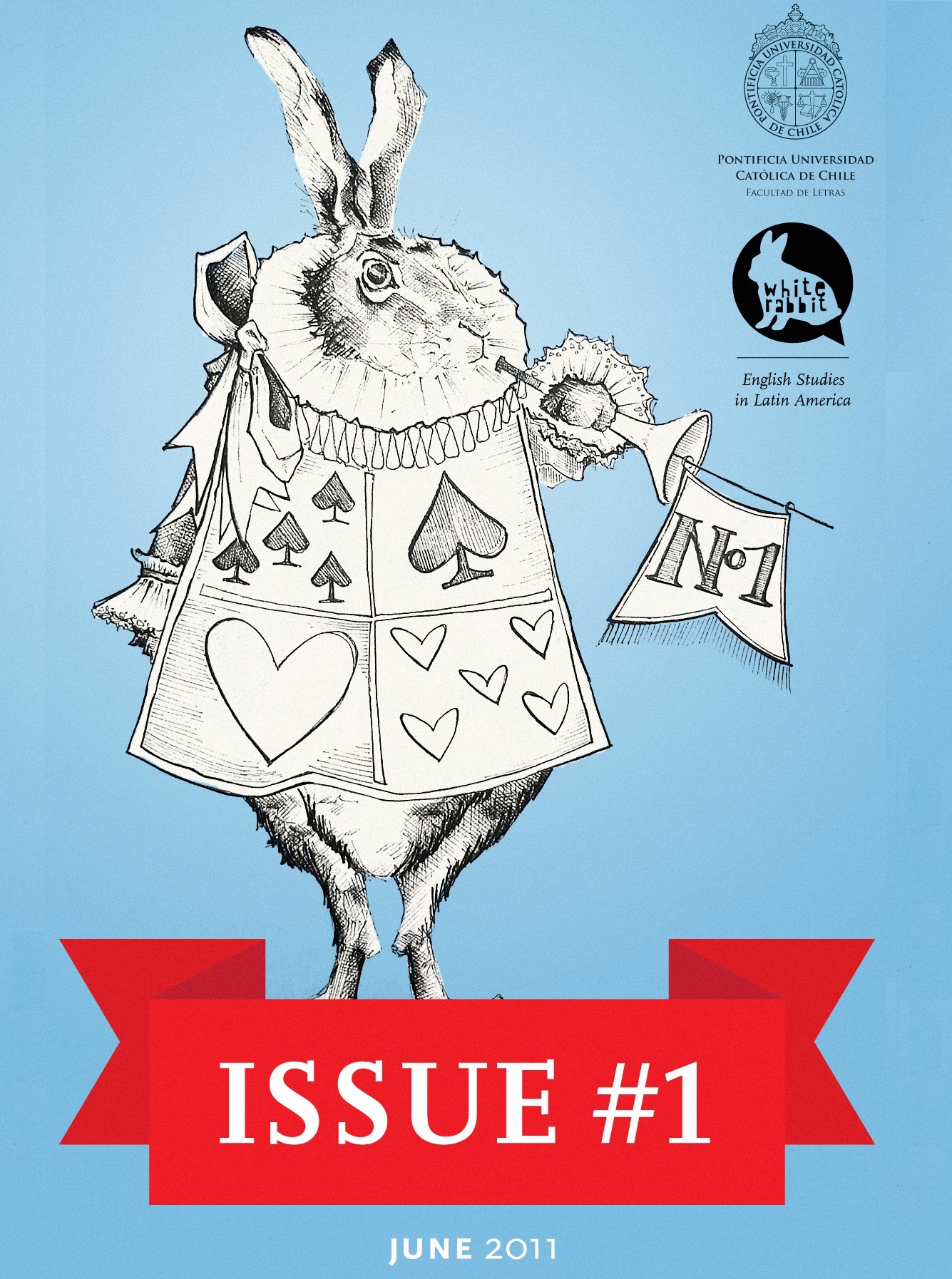Meaningful “Protests” in the Kitchen: An Interview with Judith Butler
DOI:
https://doi.org/10.7764/ESLA.61881Abstract
Judith Butler’s work represents a major contribution to contemporary theoretical criticism.
At the same time, she has been an influential political activist for more than twenty years. Butler is, at the present, Maxine Elliot Professor in the Departments of Rhetoric and Comparative Literature and the Co-director of the Program of Critical Theory at the University of California, Berkeley. She has been professor at Wesleyan University and John Hopkins University. Her work has significantly influenced the fields of gender studies, feminism, political philosophy and ethics. Her ideas are at the origin of what today is known as Queer Theory, fundamentally a performative theory, according to which sex and sexuality, rather than being something natural, are, like gender, something culturally constructed. Butler’s proposition is the de-naturalization of concepts such as sex, gender, desire, as long as they are understood as constructions that constitute cultural norms which force and violate the will of all those subjects who do not conform to them.
Downloads
Downloads
Published
How to Cite
Issue
Section
License

This work is licensed under a Creative Commons Attribution-NonCommercial-NoDerivatives 4.0 International License.


